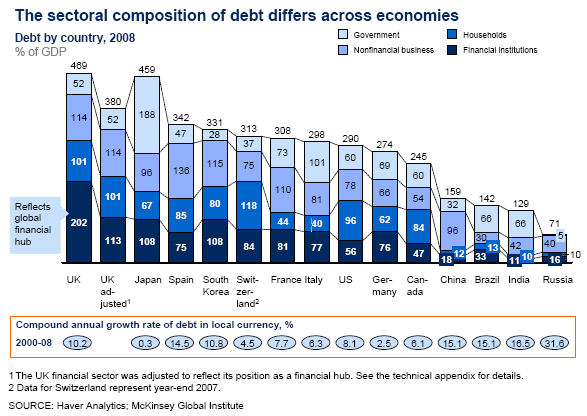Can we nail a fallacy that is becoming received wisdom, regarding the uncompensated withdrawal of child benefit payments to higher earners, as proposed under the UK government's Comprehensive Spending Review?
The rhetoric claims that it is unfair to tax the poor in order to pay benefits to the rich. This ignores the reality that our web of taxes and benefits cannot be treated individually in their effect on people's incomes. What matters in practice is the net position of each individual or household, after all benefits have been received and taxes have been paid.
Someone paying £20,000/year of tax and receiving £2,000/year of benefits is not a beneficiary of the state or of lower-earning taxpayers. They are a massive net contributor, whose effective tax rate is marginally reduced by the effect of the benefits. This is the sort of situation that all those whose child benefits have been withdrawn find themselves in. They are being pinged for increasing amounts of tax. Child benefit was one way that the impact of those increased taxes on families with children (who generally struggle more to make ends meet than families without children) was somewhat mitigated.
There are major problems with the marginal effective tax rates (i.e. how much of each extra pound is surrendered in tax or withdrawn benefits) on low earners, which are often higher than the marginal rates on mid-earners, and are a massive disincentive to find more work. Ian Duncan-Smith's proposals will hopefully ameliorate this poverty trap.
But in no reasonable sense is someone on £15,000 paying taxes so that someone on £45,000 can receive benefits. The marginal rates should not be confused with the net effective tax rates (i.e. the ratio of the net cost or benefit of welfare payments and tax impositions to earned income), which generally increase as one goes up the income scale. Someone on £15,000 is very likely receiving more in benefits from the state than they pay in taxes, giving them a negative effective tax rate. Someone on £45,000 is almost certainly paying much more in taxes than they receive in benefit, even before the proposed change to the child benefit rules.
The untapered withdrawal of child benefit from anyone in the higher-rate tax brackets creates a rare case where the marginal rate of effective tax is over 100% and disposable income after accounting for taxes and benefits actually falls as earnings increase. People will of course respond to this perverse incentive by trying to work round it in the usual ways.
If someone uses this rhetoric about poor people's taxes paying for rich people's benefits, you know they are bullshitting you: knaves or fools as usual. If they want to defend the policy with any degree of intellectual integrity, they should make the case why parents earning over £45,000 should be paying an even higher effective tax-rate than they were before the change was proposed, given the 40% and new 50% rates of income tax, National Insurance, and limited number of reliefs from these burdens. They would be wrong to make this case, but at least they could do it with integrity.



